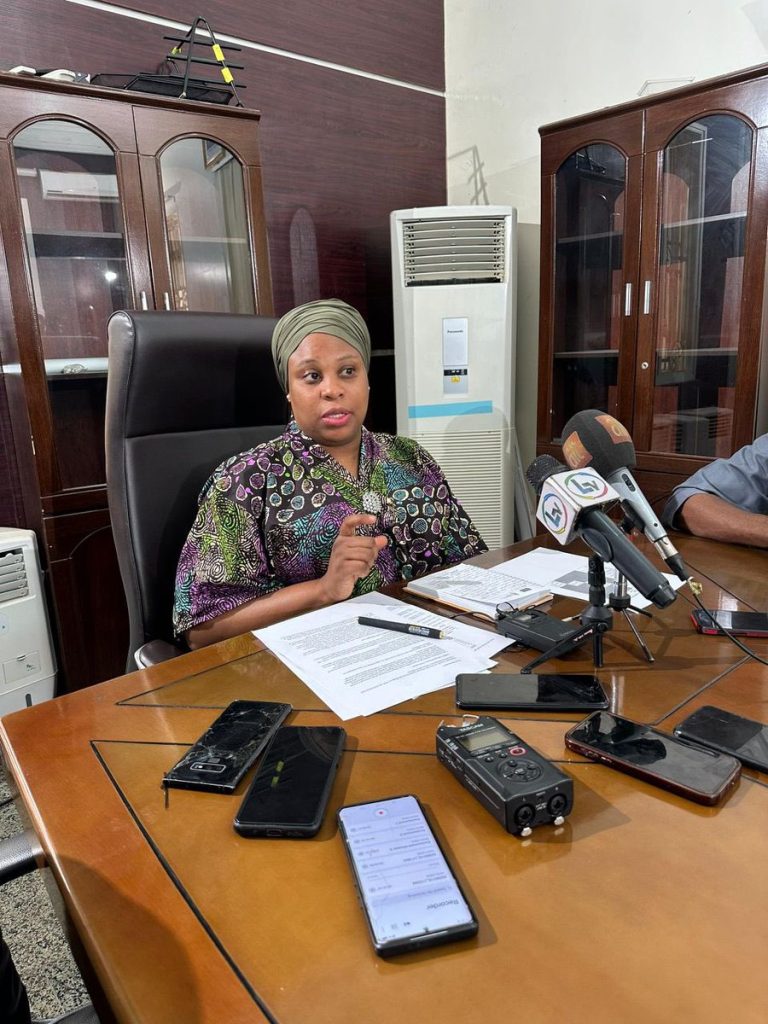From Isaac Anumihe, Abuja
Federal Government has indicated its willingness to develop mangrove areas of the country with a view to attracting over $4 billion from international development partners.
The Director General and Chief Executive Officer (CEO) of National Council on Climate Change Secretariat (NCCCS) and Special Presidential Envoy on Climate Change, Dr. Nkiruka Chidia Maduekwe, said in addition to the mangrove programme, the NCCCS is poised to deliver several activities, working closely with the various Ministries Departments and Agencies (MDAs) to actualise its mandate.
Some of the activities planned for 2025 include youth climate summit, tree planting as part of the Earth Day and Environmental Day, capacity building for MDAs on climate change desk operationalisation, mangrove art exhibition, climate negotiators training, climate security summit and UNFCCC CoP 30.
According to Maduekwe, NCCCS is committed to actualising a climate-resilient Nigeria and more so in line with the president’s Renewed Hope Agenda and national development.
“There is the need to leverage on the Mangrove Breakthrough Initiative launched at the COP27 with the objective to raise $4 billion sustainable finance for mangrove conservation and reforestation.
It is worthy to note that in addition to the mangrove programme, the NCCCS is poised to deliver several activities, working closely with the various MDAs to actualise its mandate.”
She added that as the international community grapples with the climate crisis, Nigeria, situated in one of the global hotspots of high human vulnerability, continues to experience the adverse impacts of climate change, namely, droughts, rising temperatures, erosion, deforestation, flooding, desertification, and increasing sea levels.
These impacts, she said, are exacerbated by prior existing vulnerabilities such as high rate of poverty, exposure to security threats leading to massive displacement of persons, property loss, migration and disruption of economic activities and normal functions of the society; inadequate access to basic and essential services such as water and electricity; approximately 70 per cent of the population dependent on climate-sensitive livelihoods, such as smallholder farmers, pastoralist, and fishing communities, and a huge population of over 220 million, projected to reach over 400 million by the year 2050.
“In fulfilment of its mandate, the NCCCS has adopted a theme for the year 2025, which is anchored on Section 27 of the Climate Change Act 2021; and that is “Amplifying Nature -Based Climate Solutions.”
To kick-start the programme, NCCCS is embarking on a technical site visit to the mangrove forest located majorly in the Niger Delta region of the country.
“Nigeria’s mangrove forest is indicated as the largest in Africa and third largest in the world, covering approximately 5 percent of the global mangrove forest. Given the drive towards utilising nature-based solutions as critical mitigation and adaptation strategies to addressing climate change, Nigeria’s mangrove forest provides an easy win,” the DG explained.
